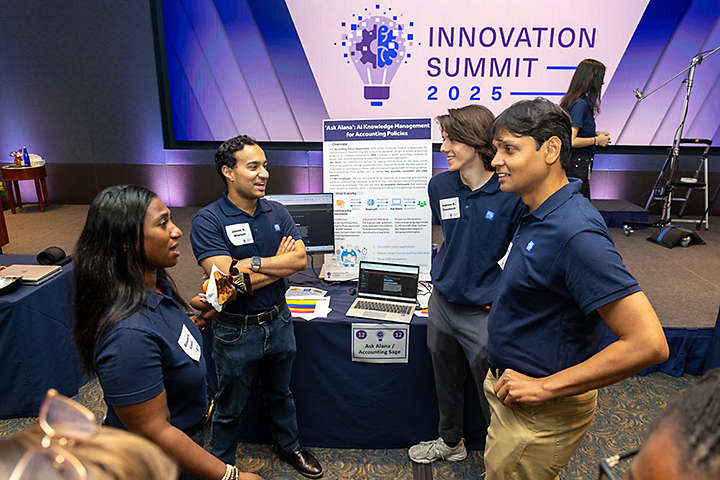Welcome to our Newsroom

Innovation Summit 2025: Shaping Tomorrow, Together
New York Life employees recently demonstrated how the company is driving innovation forward.

New York Life employees recently demonstrated how the company is driving innovation forward.